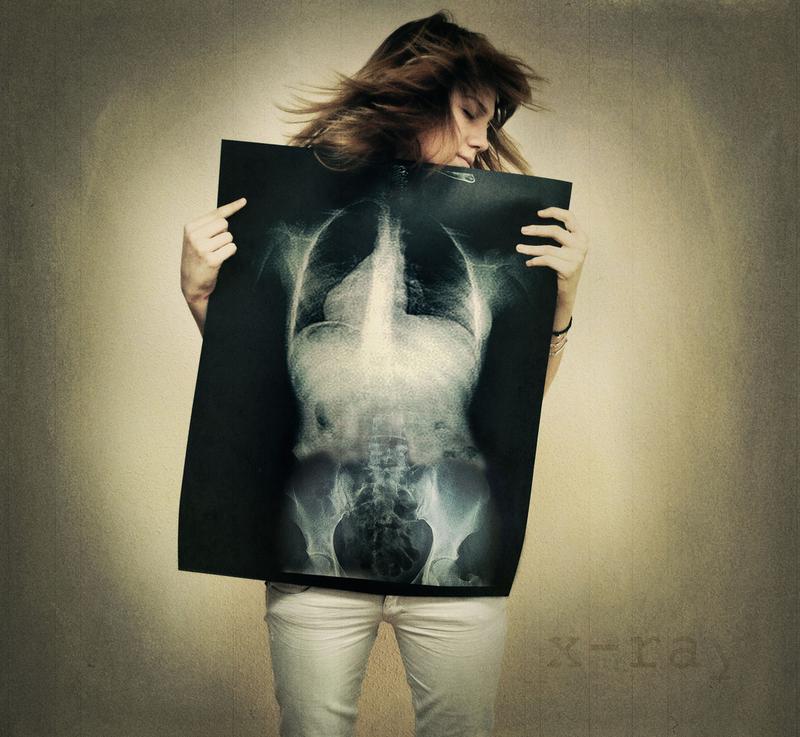
This week our reporter Fred Mogul took us into the world of medical school cadavers. He explored how someone’s life – in this case, a musician named Haig Manoukian with a wife and many friends – can become just a stark scientific tool when the body lands on the anatomy lab table. But as Manoukian’s wife says in the episode, donating Haig’s body was also a way for him to keep educating people after he died.
Some of our listeners said this episode made them think much harder about donating their bodies.
@onlyhuman You've totally solidified my desire to donate after death to medical school. Amazing, moving podcast. https://t.co/GDWNufd8AB
— Aubrey López (@breelop) March 29, 2016
We put together this guide of what you need to know:
1. It’s a personal decision.
You’ve probably heard the reasons to donate your body – it helps medical students learn how to be better doctors and allows researchers to harvest organs to test new treatments. It’s also cheaper than a traditional funeral.
@onlyhuman Very simple - our bodies can either be useful or useless after death. I choose useful.
— Emily Pergament (@ekturek) March 30, 2016
But it isn’t for everyone, or everyone’s family. Some people like the closure of a normal cremation or funeral. Others have spiritual beliefs that require keeping the body intact. Donating your whole body also overshadows the option of donating just your organs, because you usually can't do both.
The decision to donate your body is not a moral obligation, it’s a choice, and there are plenty of ways to contribute to the world of research or your community.
2. Not every body should be donated.
In our episode we talked to a group of students who had to switch cadavers because one woman's organs were too ravaged by cancer for them to learn her anatomy. While the parameters can differ by service, most donation centers do not accept bodies with certain illnesses, like HIV, tuberculosis and hepatitis. Obesity is also a limiting factor since the extra tissue can obscure other anatomy, and some programs have a weight limit at 250 pounds.
3. Where do you start?
If you’ve decided to donate your body, there are some reliable companies and organizations that can help. Many are affiliated with medical institutions, like the Cleveland Clinic Body Donation program and the Mayo Clinic so check with your local medical schools. There are also private companies that link researchers and educators to individual donors, like Science Care and Life Legacy. These companies will send you a registration packet to fill and sign.
The University of Florida has a pretty comprehensive list of accredited institutions providing body donation services.
4. What should you consider when choosing a donation service?
- Accreditation: Make sure the program or service is honest and reliable.
- Transport: Does the service provide free transport? Within what radius?
- Cremation: Many providers will cremate the body and return the ashes, like New York University.
5. What exactly happens to your body?
It depends on the institution or service, but after you die your family may choose to have a funeral service, which some, but not all, of the institutions will pay for to an extent. Then the body will be transported to the institution of choice where they will follow medical guidelines to embalm the body – cleaning it and getting it ready for chemical preservation. Then the body is preserved with chemicals like formaldehyde and phenol to prevent decay during the time of study.
Your body could be used for a variety of reasons: testing medical tools and equipment, testing car safety products, studying anatomy and decay, or testing new surgeries.
6. What can your family expect?
Your body has to be collected within hours after your death, so many families will not have a chance for a small service or extended goodbye. Most medical schools hold a memorial service for their cadavers, and some of them have burial plots for the bodies if requested. Families can choose to hold their own service after the cadaver is returned to them, which can be almost two years after the day you die.
These are all decisions to make when registering to donate your body. And there are some thorough cheat sheets and guides at The Conversation Project to help you think through things like writing a living will, deciding your advanced directives in case you’re too sick to make decisions about your health, and how much money to spend on your funeral.
